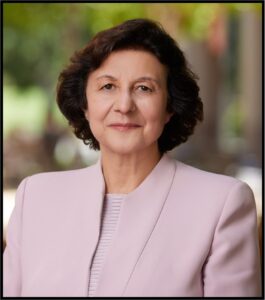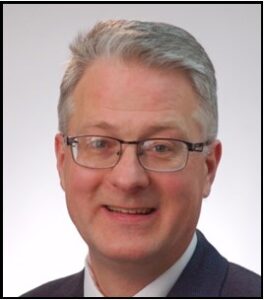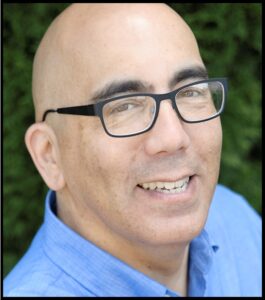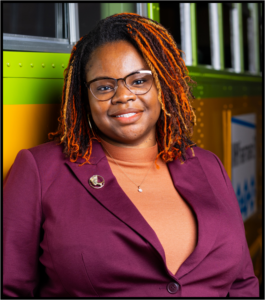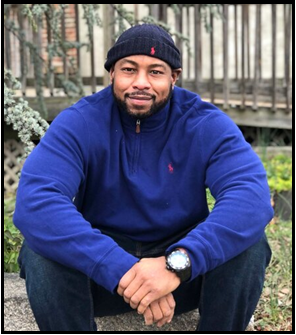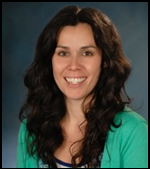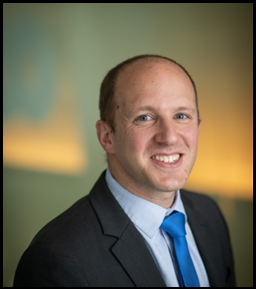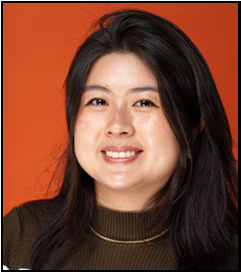Mullen Lecture
Tuesday, February 4, 2025
4:00 pm
AOK Library GalleryAnnamaria Lusardi, Ph.D.
Senior Fellow at the Stanford Institute for Economic Policy Research
Director of the Initiative for Financial Decision-Making
Professor of Finance (by courtesy) at the Stanford Graduate School of Business
The Importance of Financial Literacy: Lessons From Many Years of Data
In this seminar, Dr. Lusardi will present data from the Big Three (three questions to measure financial literacy), the Personal Finance Index (twenty-eight questions to measure financial literacy), and new information from the Consumer Expectations Survey from the European Central Bank to document very low levels of financial literacy in the United States and around the world. Looking at the data from a personal finance approach, she will show how financial literacy affects financial decision-making, from managing assets to debt and debt management, and the consequences of low financial knowledge for individuals and society as well. Dr. Lusardi will discuss the implications of her findings for policy, including national strategies for financial literacy. She will also discuss the importance of teaching personal finance in school and college.
Organized by the Department of Economics and cosponsored by the Center for Social Science Scholarship.
Photo provided by A. Lusardi.
Lipitz Lecture
Thursday, March 27, 2025
5:00 pm
AOK Library GalleryJohn G. Schumacher, Ph.D., FGSA
Director, Public Health Research Center
Professor, Department of Sociology, Anthropology, and Public Health
University of Maryland, Baltimore County
Generative AI and Higher Education:
Practical Insights for Today and TomorrowGenerative AI is fundamentally challenging higher education. The rapid evolution of tools like ChatGPT, Gemini, and Claude confronts us with urgent questions: How do we understand and use these tools? How might we integrate these technologies effectively? Where do we set the academic and ethical boundaries for their use? This presentation explores the current generative AI landscape offering practical insights for educators and institutions. The goal is to outline a pragmatic, forward-looking approach to AI literacy that empowers both faculty and students.
Organized by the Department of Sociology, Anthropology, and Public Health. Cosponsored by the Center for Social Science Scholarship and the Dean’s Office of the College of Arts, Humanities, and Social Sciences.
Photo provided by J. Schumacher.
Distinguished Lecture in Psychology
Thursday, April 3, 2025
4:00 pm
AOK Library GalleryGordon C. Nagayama Hall, Ph.D.
Professor Emerit
University of Oregon
Making the Invisible Visible:
Reducing Disparities Via Personally Relevant InterventionsThe mental health needs of people of color are largely invisible because they underutilize mental health services and are not the focus of research. These mental health utilization disparities have persisted for at least six decades. Neither evidence-based treatments nor culturally-adapted treatments adequately address the individual needs of people of color. People of color may not use mental health services because services are not: (a) personally relevant; or (b) accessible. Our neuroscience data suggest that pragmatic, problem-solving approaches are the most personally relevant for Asian Americans, the least likely ethnic group to use mental health services. In this talk, Dr. Hall will discuss the development of the Mind Boba app to make psychotherapy more personally relevant and accessible to Asian Americans.
Organized by the Department of Psychology and cosponsored by the Center for Social Science Scholarship.
Photo provided by G. Hall.
Low Lecture
Wednesday, April 16, 2025
4:00 pm
AOK Library GalleryAmber N. Mitchell
Curator of Black History
The Henry Ford Museum of American Innovation
For Generations Yet Unborn: Observations and Challenges in Black Public History
Amber N. Mitchell will discuss the unique intersections of Black history, preservation, and memory that have presented opportunities and challenges in her career as a Public Historian and Museum Worker and look toward the future of African American storytelling in American public spaces.
Amber N. Mitchell is a public historian, museum educator, and community-rooted cultural strategist. Currently, she serves as the founding Curator of Black History at The Henry Ford Museum of American Innovation. As a public historian, Amber strives to empower communities of color to tell our own stories in cultural institutions and beyond, while transforming nonprofit structures into accessible reflections of our communities. Before joining the Henry Ford staff, Amber worked at Whitney Plantation, the National WWII Museum, and the American Association for State and Local History, amongst other spaces in the Midwest. She holds a master’s degree in History from Indiana University and a bachelor’s in History from Wayne State University in Detroit.
Organized by the Department of History and cosponsored by the Center for Social Science Scholarship.
Eckert Lecture on Health & Inequality
Thursday, April 24, 2025
4:30 pm
AOK Library Gallery
Bakari Atiba, AA,
Director of Community Engagement Charm City Care Connection
Kelly Coble, LCSW-C
Program Director, Maryland Addiction Consultation Service (MACS)
Associate Director of Operations, Kahlert Institute for Addiction Medicine
Brendan Saloner, Ph.D.
Professor
Johns Hopkins Bloomberg School of Public Health
Alissa Zhu, MSPH
Reporter
Baltimore Banner
Recovering from the Opioid Epidemic in Baltimore and Beyond
A panel discussion moderated by Brian Soller, Ph.D., Associate Professor, Department of Sociology, Anthropology, and Public Health, University of Maryland, Baltimore County
This year’s lecture centers on the multifaceted nature of the opioid epidemic with an emphasis on recovery efforts in Baltimore City and other Maryland communities. Our panelists will weigh in on the nature and impact of the local opioid crisis, understanding and treating opioid addiction, and efforts to prevent opioid misuse.
Organized by the Department of Sociology, Anthropology, and Public Health. Cosponsored by the Center for Social Science Scholarship, the Public Health Research Center, the School of Public Policy, the School of Social Work, the Department of Emergency and Disaster Health Systems, and the Hilltop Institute.
Photos provided by panelists.
Wednesday, April 30, 2025
4pm
AOK Library GalleryDerek Hyra, Ph.D.
Professor, Public Administration and Policy
Founding Director, Metropolitan Policy Center
American University
Slow and Sudden Violence: Why and When Uprisings Occur
Discussion on the 10-year Anniversary of the Baltimore UprisingIn conversation with:
Derek Musgrove, Associate Professor, History, UMBC
Nicole King, Associate Professor, American Studies, UMBCUpon the ten-year anniversary of the 2015 Baltimore Uprising, we are hosting a panel discussion based on Prof. Derek Hyra’s recent book Slow and Sudden Violence: Why and When Uprisings Occur (University of California Press, 2024) To confront American unrest, Hyra urges that we end racialized policing, stop Black community destruction and displacement, and reduce neighborhood inequality. Hyra will be in conversation with UMBC Professors Derek Musgrove (History) and Nicole King (American Studies) on the issues the book addresses and the future of U.S. cities.
Derek Hyra is a professor in the Department of Public Administration and Policy within the School of Public Affairs at American University. His research focuses on processes of neighborhood change, with an emphasis on housing, urban politics, and race. Dr. Hyra is author of Slow and Sudden Violence: Why and When Uprisings Occur (University of California Press, 2024), Race, Class, and Politics in the Cappuccino City (University of Chicago Press, 2017), and The New Urban Renewal: The Economic Transformation of Harlem and Bronzeville (University of Chicago Press, 2008). He is also co-editor of Capital Dilemma: Growth and Inequality in Washington, DC (Routledge, 2016).
Organized by the Department of American Studies. Cosponsored by the Center for Social Science Scholarship; the Dresher Center for Humanities; the Department of History; the Orser Center for the Study of Place, Community, and Culture; the Department of Political Science; and the School of Public Policy.
Photo provided by D. Hyra.
CS3 sponsored events are open for full participation by all individuals regardless of race, color, religion, sex, national origin, or any other protected category under applicable federal law, state law, and the University’s nondiscrimination policy.
